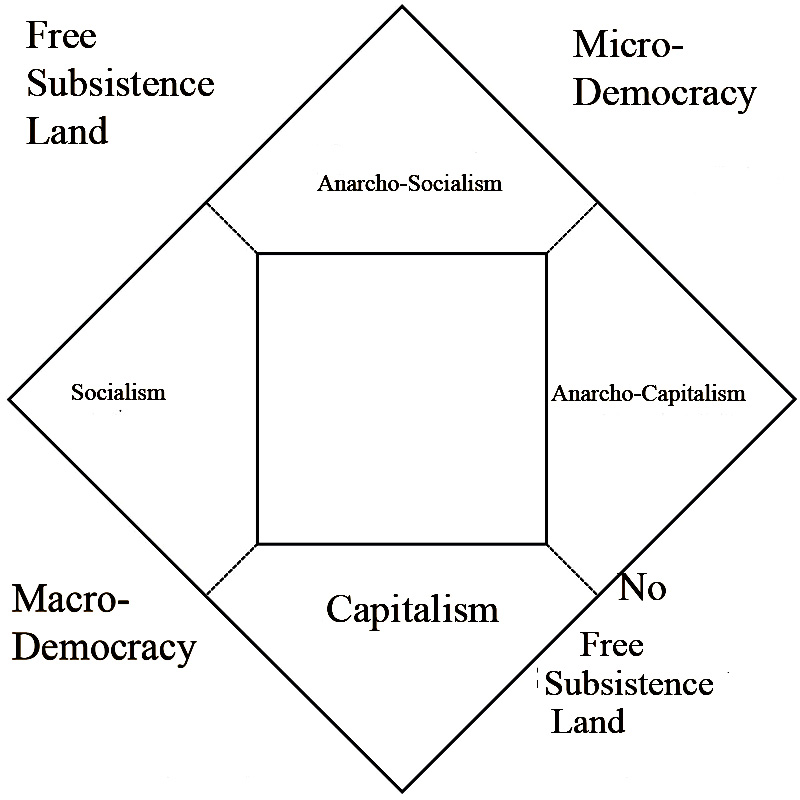Alexey Navalny exposes the history of Vladimir Putin’s corruption.
Category: Political Bullshit
Social Diseases and their Symptoms: Reform and/or Revolution
I watch and read what are called “progressive” items. And I tend to cheer for so-called “progressive” politicians. But on reflection they all are — what Eduard Bernstein called — Reformists rather than Revolutionists, as were, for example, Rosa Luxemburg and Karl Liebknecht
What is the difference? To use the analogy with diseases, there are causes of a disease and there are symptoms. A reformist is, in my view, someone who treats the symptoms; a revolutionist is someone who treats the causes.
As concerns public intellectuals, let’s face it: for such people to live fairly well in the modern world requires an income. This includes teachers, writers, journalists, media hosts and internet personalities, and politicians. One way of doing this is to have some kind of public forum, and attract donations, subscriptions, and advertisers. A book, a piece of writing, a performance, or a movie is — more or less — a one time attraction which will generate an immediate income. But a steadier source of income comes from a newspaper, a journal, a “show” — or movie-wise, a “serial.” [I myself after hoping for donations to this site, have turned to monetizing through advertising.]
To make my point about Reformists as contrasted with Revolutionists, let me concentrate on my favorite news hour: “Democracy Now,” which the host, Amy Goodman, calls a “show.” It starts off with a news summary concerned with war and peace, and then proceeds to concentrate on some specific topic or to conduct an interview. It intersperses a piece of music during transitions.
I have no quarrel with the topics covered. They are all concerned with the major symptoms of the social diseases — so many deaths here and there because of a war, a revolution, a disease; so much poverty, unemployment, homelessness here and there; bad leaders elected and corruption here and there; protests and brutal repressions here and there. The litany of evils continues show after show.
The show proposes anodynes: change this politician and change this law. What is missing from consideration are the causes of these social symptoms. And to deal with the causes there is need to transition to a Revolutionary stance. But dwelling on a revolutionary stance is counter-productive to a political “show” — which aims to entertain while delivering some remedial message. Actually the best form of this approach was practiced by George Carlin, the comedian, who couched his social and political commentary in the guise of comedy.
In my view — as was the view of many revolutionaries — the disease is Capitalism, and its sustainer, the State.
Although I think that Noam Chomsky has the best insights into the Social Problems — it takes will power to listen to his monotone voice. I find Chris Hedges’ preacher-like delivery more focused and succinct.
The main immediate global problem, as Chomsky keeps repeating, is that humans are destroying the ecosystem, and thus themselves. And, in my view, the direct cause of this is human overpopulation.
And the power of doing anything about this and other social problems such as capitalism is the central (federal) government — the State. The clearest understanding of how the State arises and its nature is to be found in the small book by Franz Oppenheimer, The State, 1914.
And there are two revolutionary attitudes toward the State: one is to take control of the State (this was done by Napoleon, Lenin, Mussolini, Hitler, among others). This is also the Macro-Democratic parliamentary method of electing a President, Prime-Minister, or other single “deciders.” The other method is to dispense with the State in favor of bottom-up micro-democratic communities (anarchism).
But where in a progressive news show like “Democracy Now,” is there a suggestion that the Swiss government is better than that of the United States? Where is the criticism of the U.S. Constitution as was undertaken by Lysander Spooner? And where among the pundits is there an understanding of Capitalism as a denying people free access to subsistence land?
Food Security

Where are the most likely places such people are coming from — either in cars or on foot? Below are your choices:

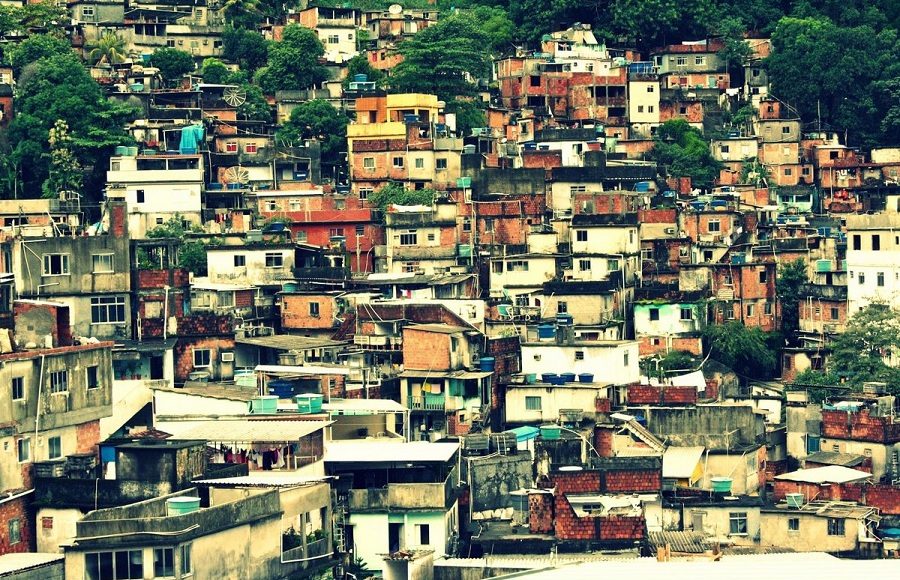
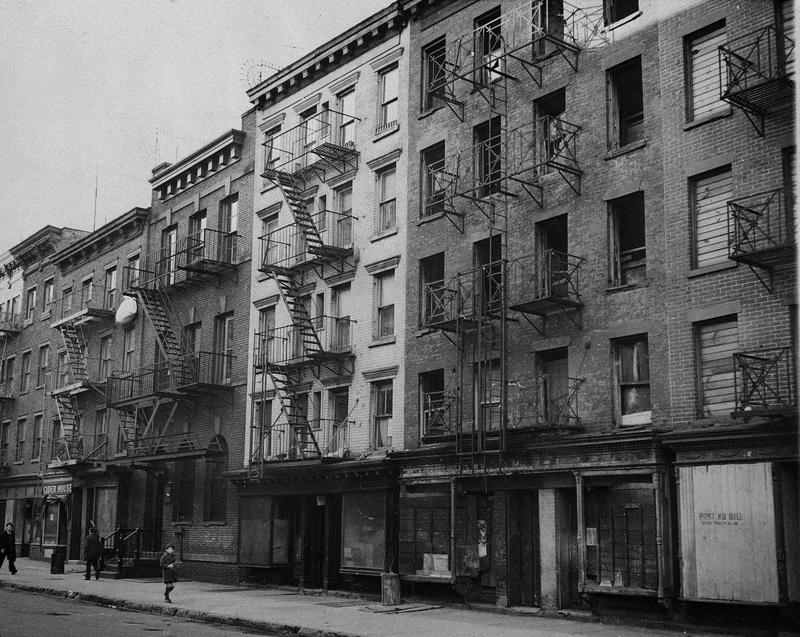
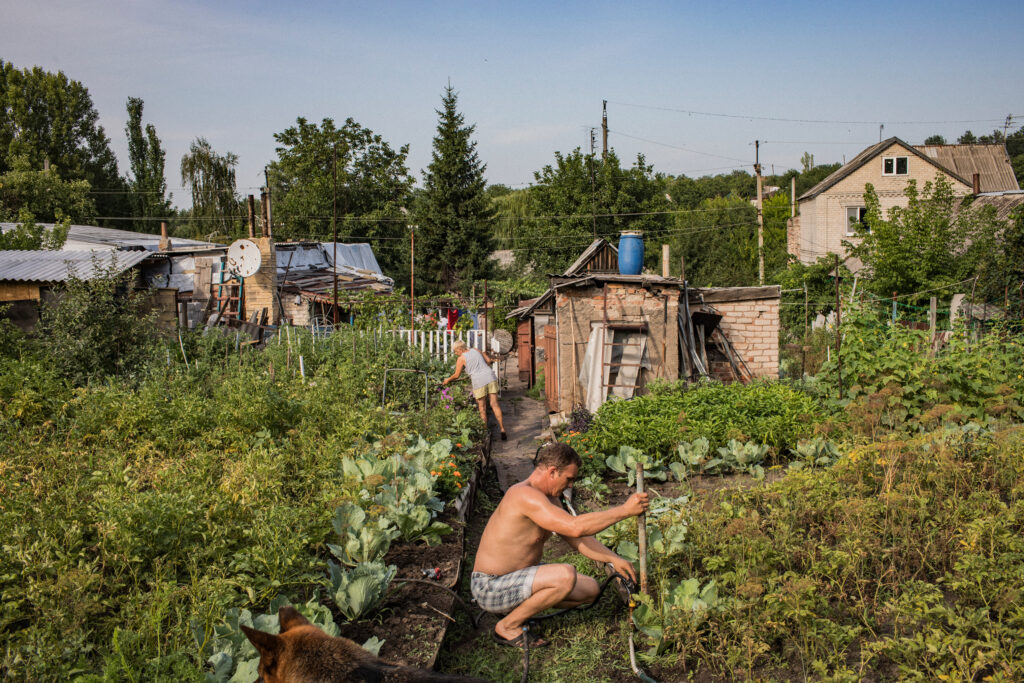

The Dilemma of Evil
It is abundantly clear that both the Democratic and the Republican Parties represent the interests of the rich. And this message was superbly expressed by Chris Hedges (see below):
Beyond the Election
Laura Flanders begins by citing the work of Karl Marx, The Eighteenth Brumaire of Louis Bonaparte, 1851-2.
A People’s Party?
To get oriented about what is going on, watch the interview below.
Nick Brana, founder, executive director of Movement for a People’s Party talks with journalist Chris Hedges about the US’ two political party system, the need for third and fourth parties and his experience campaigning for Bernie Sanders in the 2016 presidential election.
My initial reaction
It is abundantly clear that both the Democratic and the Republican Parties represent the interests of the rich. And this message was superbly expressed by Chris Hedges (see below):
I found most of the other speakers boring and the whole program too long. Anyway, if the goal is to push for a third party, why out of all the speakers only Chris Hedges urged people to vote for the Green Party, and everyone else spoke as if there is no existing third party?
Why Donald Trump is the greater of the two upcoming evils.
Robert Reich enumerated 40 promises which Trump has not kept:
Bill Maher: Champion of the Lesser of Two Evils
He has also brought together all types of celebrities for interviews and discussion panels. All this is admirable and captured my interest.
What has displeased me is his insistence on rooting for the lesser of the two evils — I mean his preference of Democrats over Republicans (among other preferences). Consequently, he becomes annoyed when the evils of Democrats are pointed out — always saying that the evils of Republicans are much worse.
Few of his guests take the position that both Democrats and Republicans are evil — perhaps even to an indistinguishable difference. Two stand out: George Carlin and Cornel West.
Below is a clip of Bill Maher defending what he thinks is the lesser of two evils.
Below is Jimmy Dore commenting on how Trump is almost even with Biden in the polls. How does one really distinguish the lesser of two evils?
Matthew Cooke on the lies of Donald Trump
Political Orientation
An early one was presented by the psychologist Hans Eysenck “Chapter 7: Politics and Personality,” in Sense and Nonsense in Psychology (1957).
I found a quiz on the internet — allegedly based on Eysenck’s work — which can be taken by anyone to see where they are placed on his scale.
Here is the quiz, and below is my own result after taking the quiz:


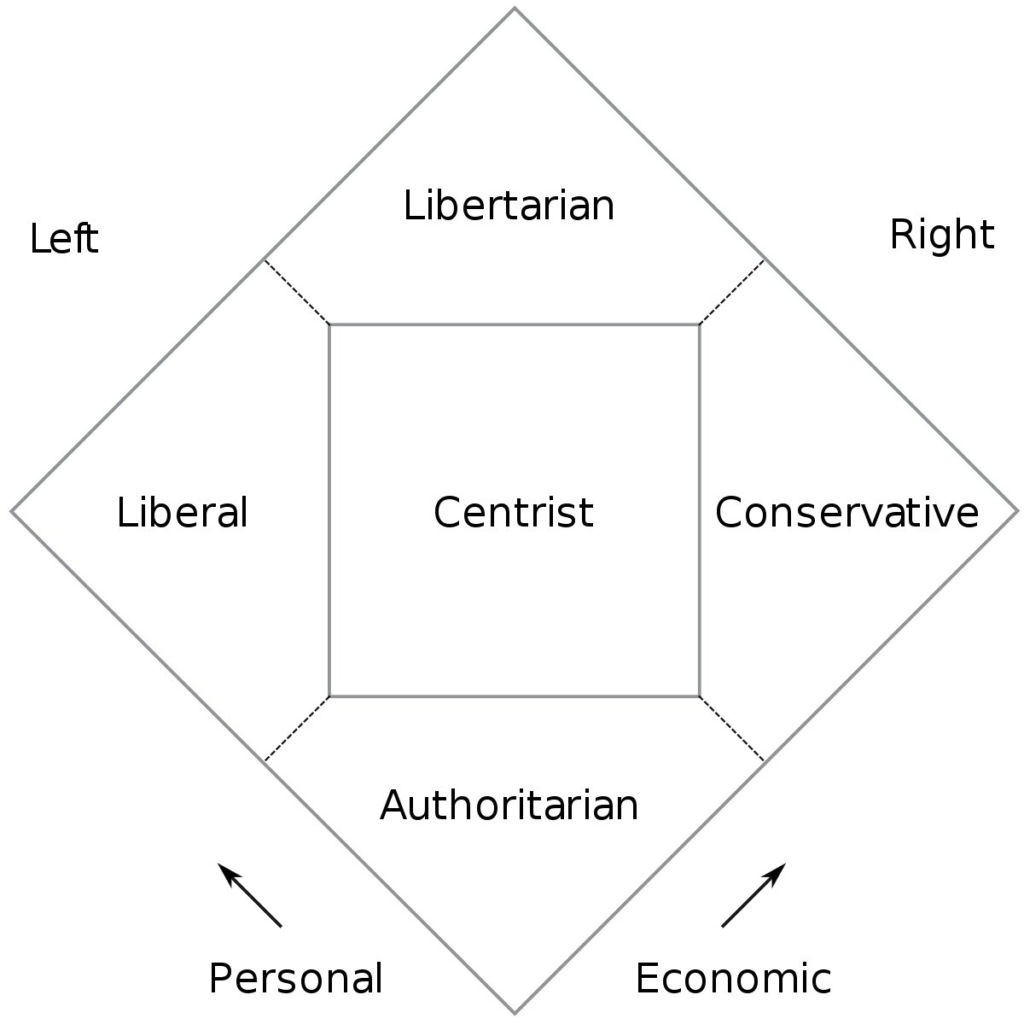
1. Are you in favor of giving each person a right to free subsistence land? Yes No
2. Are you in favor of micro-democracy? Yes No
I also associate macro-democracy with a centralized government, there are thus four possible alternatives.
Andrew Chrucky’s Politico-Economic Democratic Chart
